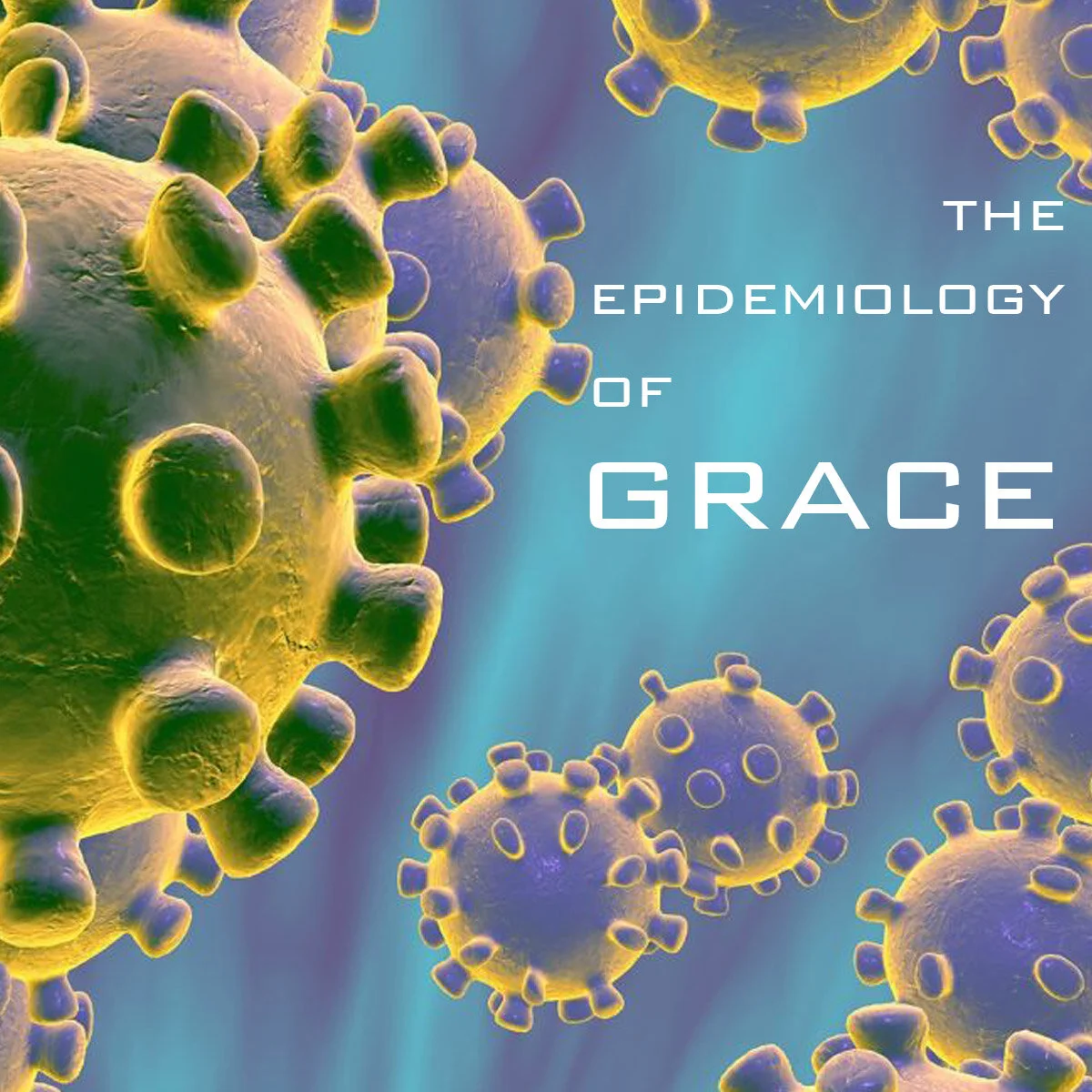The Geography of Grace
Exodus 17:1-7
First Reading for the Third Sunday in Lent (Year A)
What if we named places the same way that they did during biblical times? Moses named a location in this week’s passage Massah and Meribah—which respectively mean “test” and “quarrel”—because that is exactly what his people were doing in that place. They threw verbal hands and they tested God.
So what if we did that? Like if Moses ventured out to Chicago’s Navy Pier with our family this morning and saw St. Patrick’s Day revelers stumbling out to various booze cruises, might he have dubbed that place Poor Drunken Decisions? Granted, he might have looked at our family exploring pandemic-era Windy City and dubbed wherever we went Poor Sober Decisions by our actions (we changed flights last night to head home tomorrow rather than several days later as originally planned).
But it seems incredibly harsh to name a place by the terrible thing that happened there. It is true that sometimes the place was named for something wonderful that happened. Jacob gave the name Bethel or “House of God” to a place in which he had an incredible encounter with the Divine. Yet I am stuck thinking about Moses making some future Geography Bee contestant answer “Test and Quarrel.” It forces me to ponder on the places in my life that might have been dubbed Apathy or Cowardice. I don’t like to dwell in those cities, but I do need to remember that they could exist. Moses heavy-handed naming was meant to be a reminder. We need to remember that we’re fallible.
Yet Moses could have given Massah and Meribah a different name. Sure, his people quarreled with him and tested God in that place. I am sure it felt like he had ten thousand whining five year olds in the backseat and I know that was driving him insane. I get why Moses named the place what he did. But it all sort of misses what else happened in that place: God gave them water from a rock. The people were whining and complaining and begging to go back to slavery and God still gave them what they needed to survive. Moses could just have easily named that place Grace. Or Compassion. Or Mercy. That place could have been another reminder of God’s goodness.
And I think about all of those places on my map that could have shameful names that could also just as easily be called Grace. Even though the song is like a decade and a half old, I still frequently recall the line from “How He Loves”: “If grace is an ocean, we’re all sinking.” It reminds me how our whole entire spiritual geography could simply be called Grace.
You and I mess up. We are not worthless; the language of grace can be sometimes be twisted into another means of shaming the listener. But we do mess up and many of our cities could have names that reflect that reality. Yet God still offers us forgiveness, mercy, a chance to rebuild those cities with new names. Grace gives the chance for Quarrel to be renamed Peace, for the city limits of Apathy to be rechristened Passion, for Cowardice to be Courage. God’s compassion and mercy can transform our spiritual maps. It can help cities be rechartered as what they were meant to be in the beginning when we were made in the image of God.
When I think about my life, I see it as a gift. I believe that God is the source of those gifts: of my breath, of me getting to live and move and have my being, of forgiveness, second chances, passions, and sparks of inspiration. It all extends from this gift of life. And when I remember that, I can unfold the map and see Grace dots the entire landscape.






